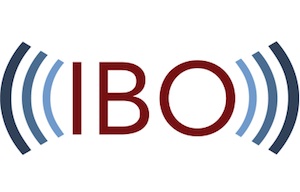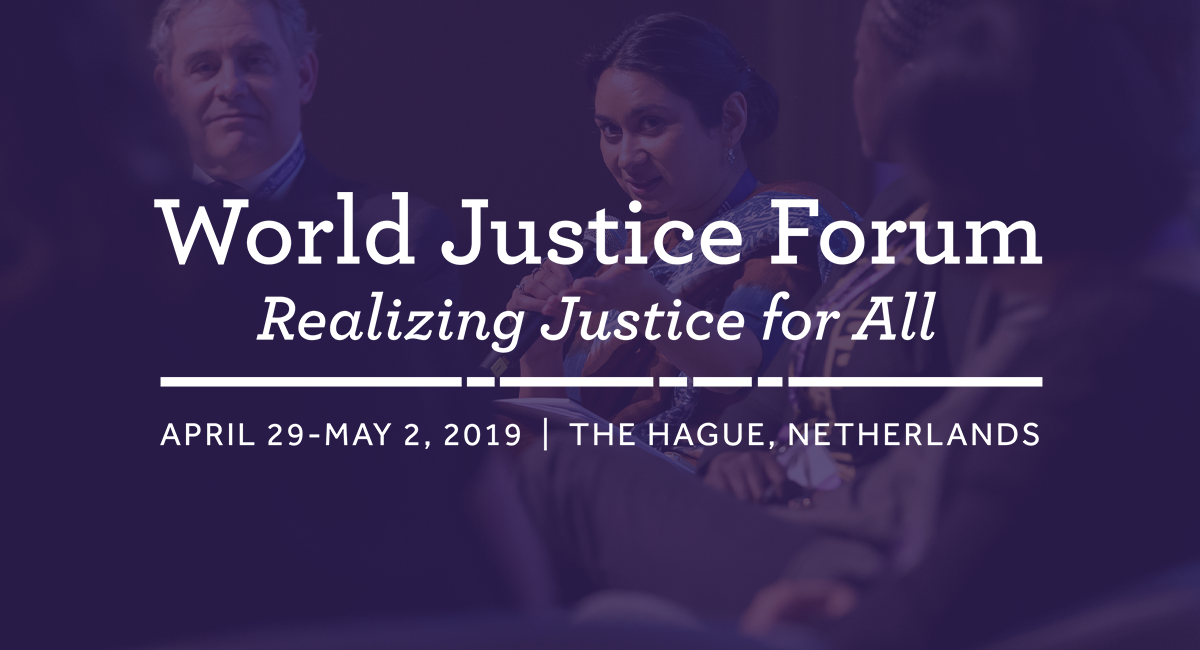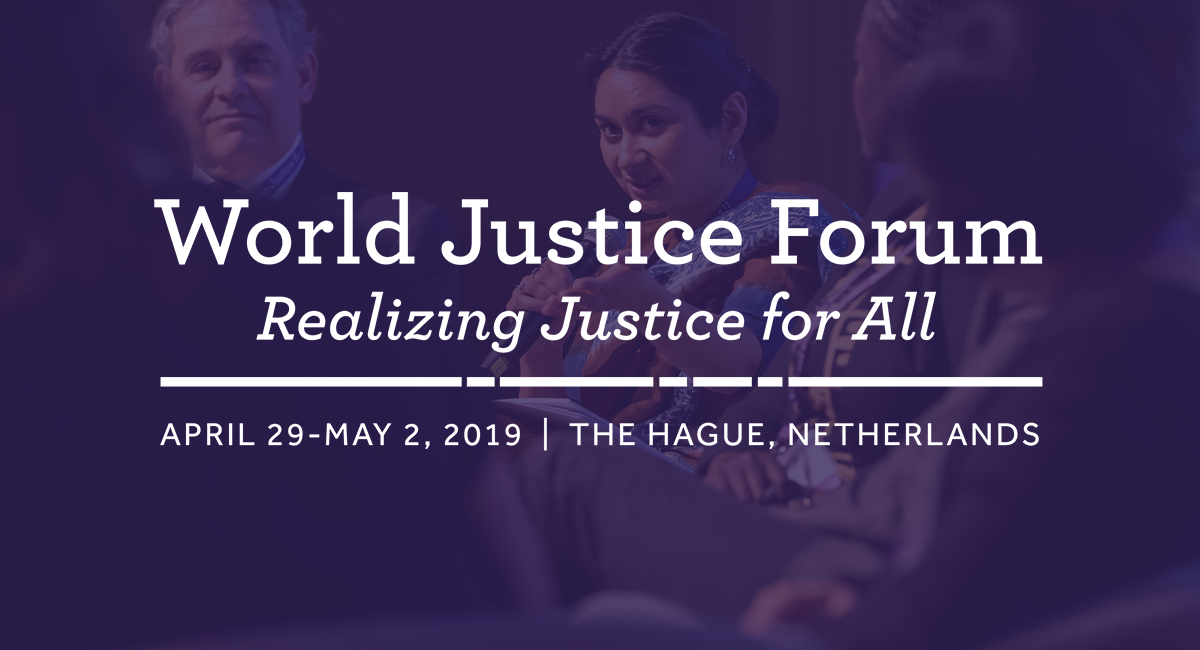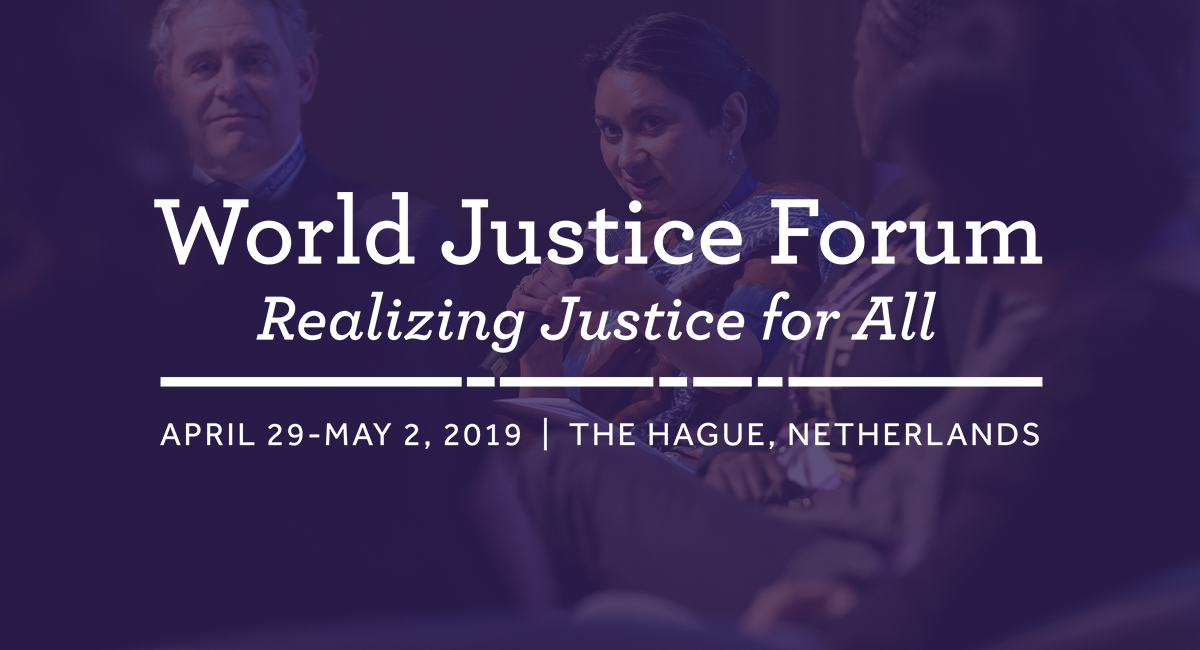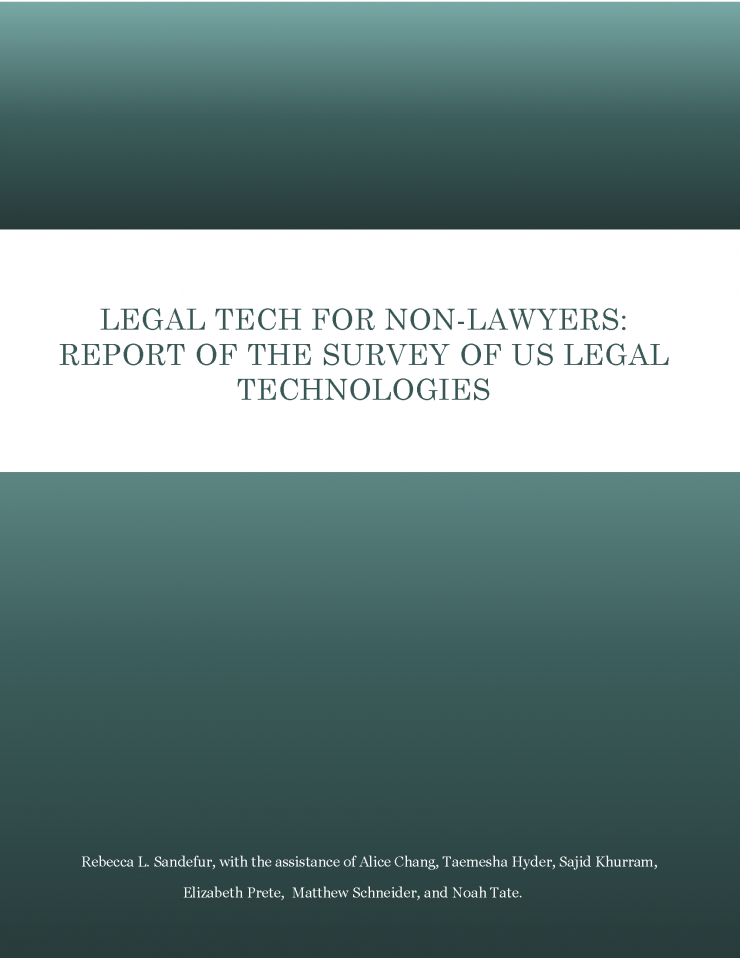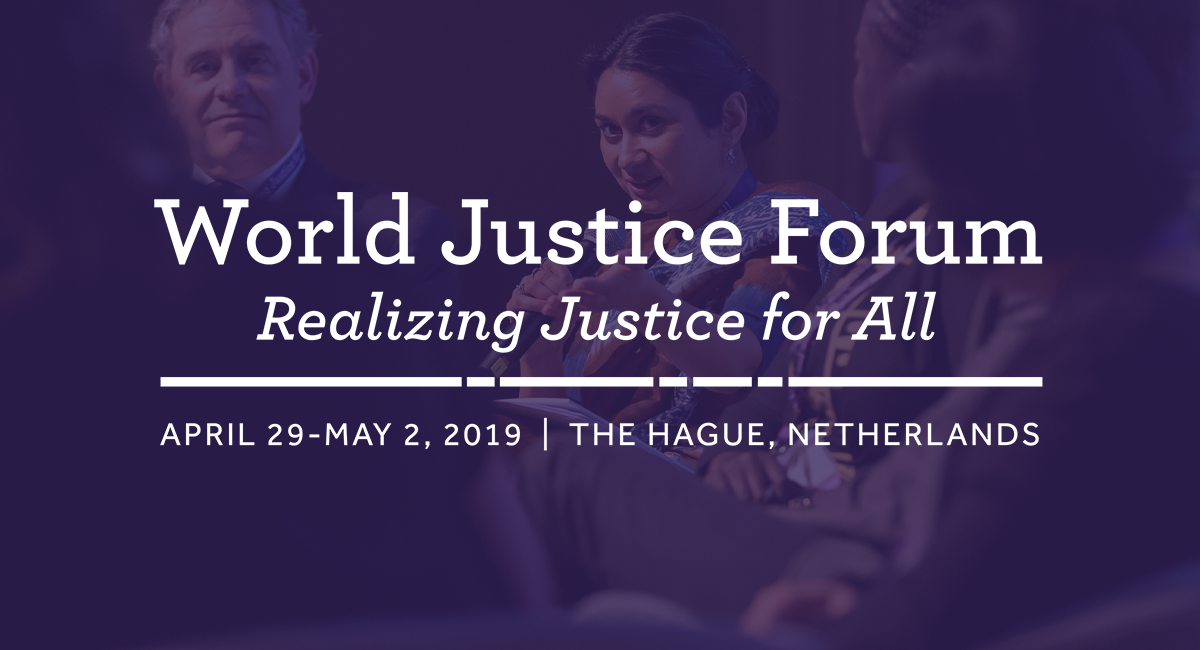The Invisibles is the first digital identity project that focuses on the standards needed to facilitate the scaling of digital identity projects beyond local populations. This session presented and gathered feedback on: case studies where secure, trusted digital identities for doctors in the UK and refugees in the Middle East have been built; proposed standards for creation, verification, and use of standards for creating digital identities for disenfranchised populations; and an expanded vision of access to justice in the digital age. Speakers emphasized that it is critical that access to justice be understood as more than just access to courts and formal legal systems, but also include access to basic human rights related to identity: the right to exist, the right to control one’s identity, and the right to have access to opportunity The session highlighted a number of methods to improve the provision of digital identity including creating a standardized system, using vaccination records, and leveraging a distributed multi-organizational approach.
Read the full summary for this working session.
Additional Resources:

Working Sessions Summaries
